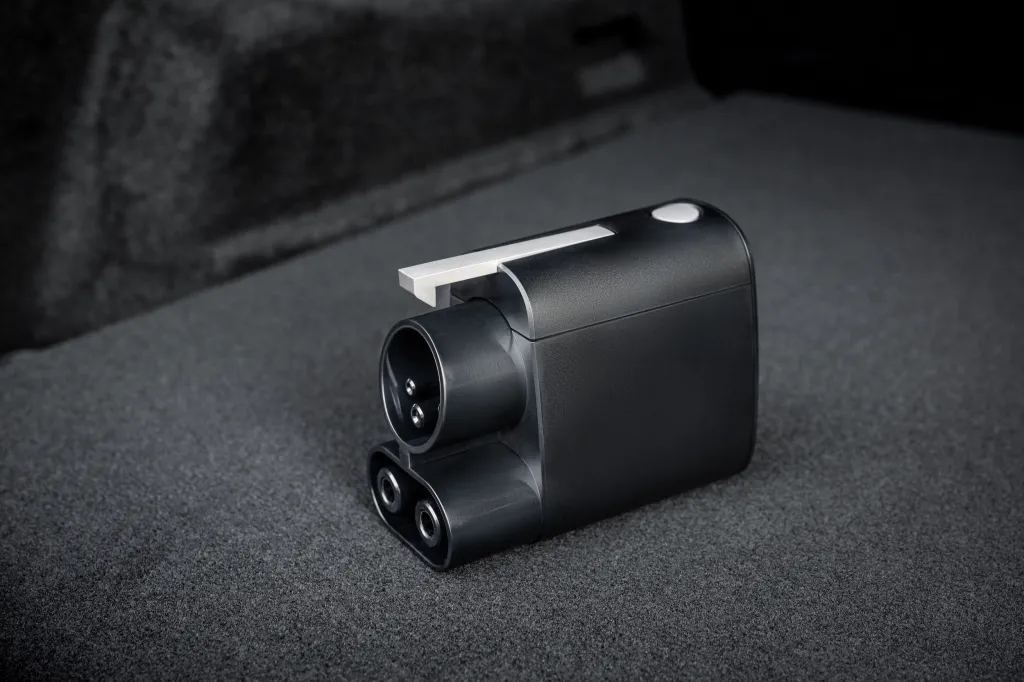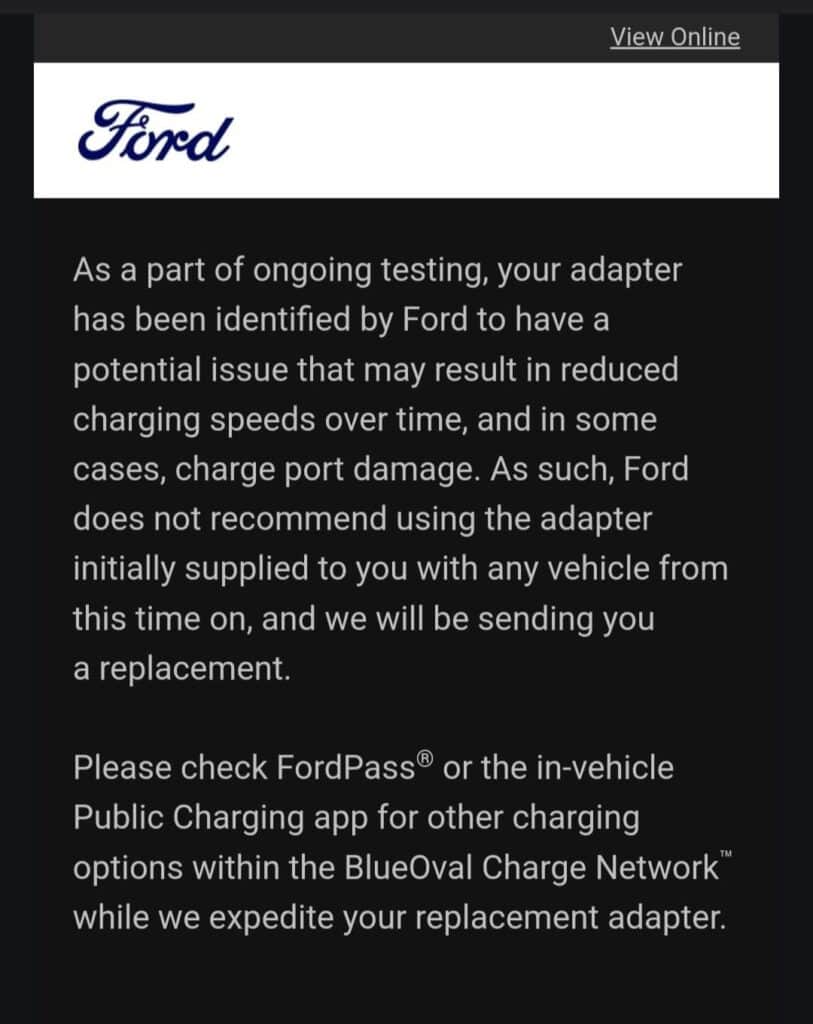Rivian Confirms No Issues with NACS Adapters Amid Ford’s Advisory

Recently, Ford Motor Company issued a notice to its electric vehicle owners about potential issues with the official Tesla North American Charging Standard (NACS) adapter. Ford warned that over time, this adapter may lead to reduced charging speeds and, in some cases, cause damage to the vehicle’s charge port. Ford has advised its customers to discontinue the use of the adapter until they can replace it with an updated version.

This news has raised concerns across the EV community, especially as more manufacturers, including Rivian, have announced plans to adopt the NACS connector for their future models. Rivian, however, has reassured its customers that they are not affected by this issue.
Rivian’s Official Statement
In response to the inquiry from RivianTrackr, Rivian issued the following statement:
“Rivian is not affected by this issue, and Rivian drivers may continue to use their NACS adapters normally at this time.”
This clear message from Rivian is reassuring for their customers, many of whom may have been concerned about the possibility of similar problems with their own adapters. Rivian has emphasized that their NACS adapter remains safe for use, and there have been no reports of charging speed reductions or port damage.
What’s Happening with Ford’s NACS Adapters?
Ford’s advisory follows reports of reduced charging speeds and possible damage to EV charge ports when using the Tesla NACS adapter. While the exact cause of the issue is still under investigation, Ford has taken a proactive approach by alerting customers and planning to send replacement adapters to affected owners.
Ford’s decision to adopt the NACS standard, like Rivian and other automakers, was aimed at expanding the accessibility of EV charging infrastructure, particularly by opening up access to Tesla’s vast Supercharger network. While this move has generally been seen as a positive step, the recent concerns with the adapters have highlighted the need for ongoing quality control and communication between manufacturers and their customers.
